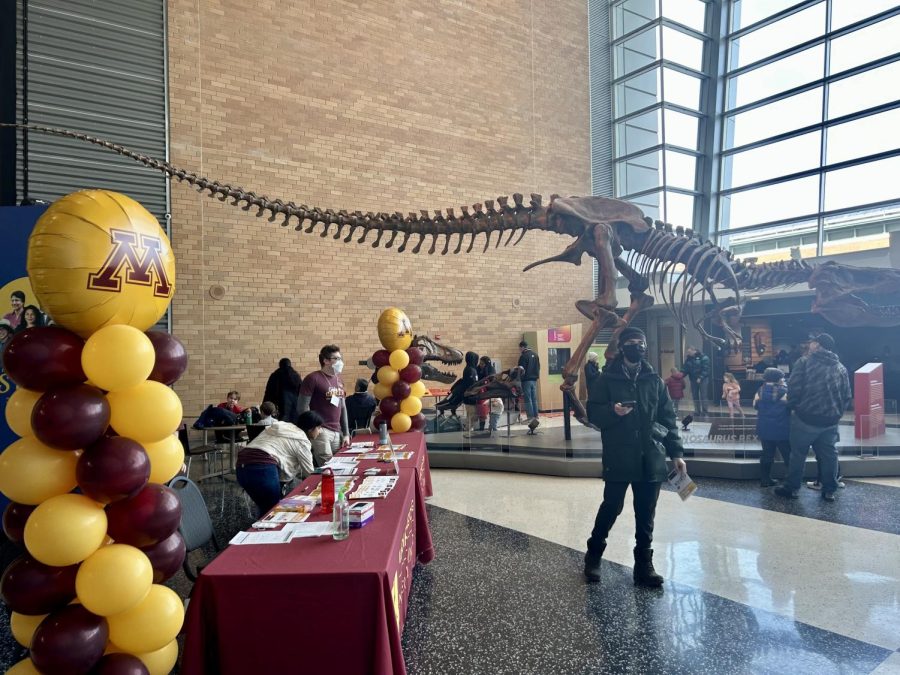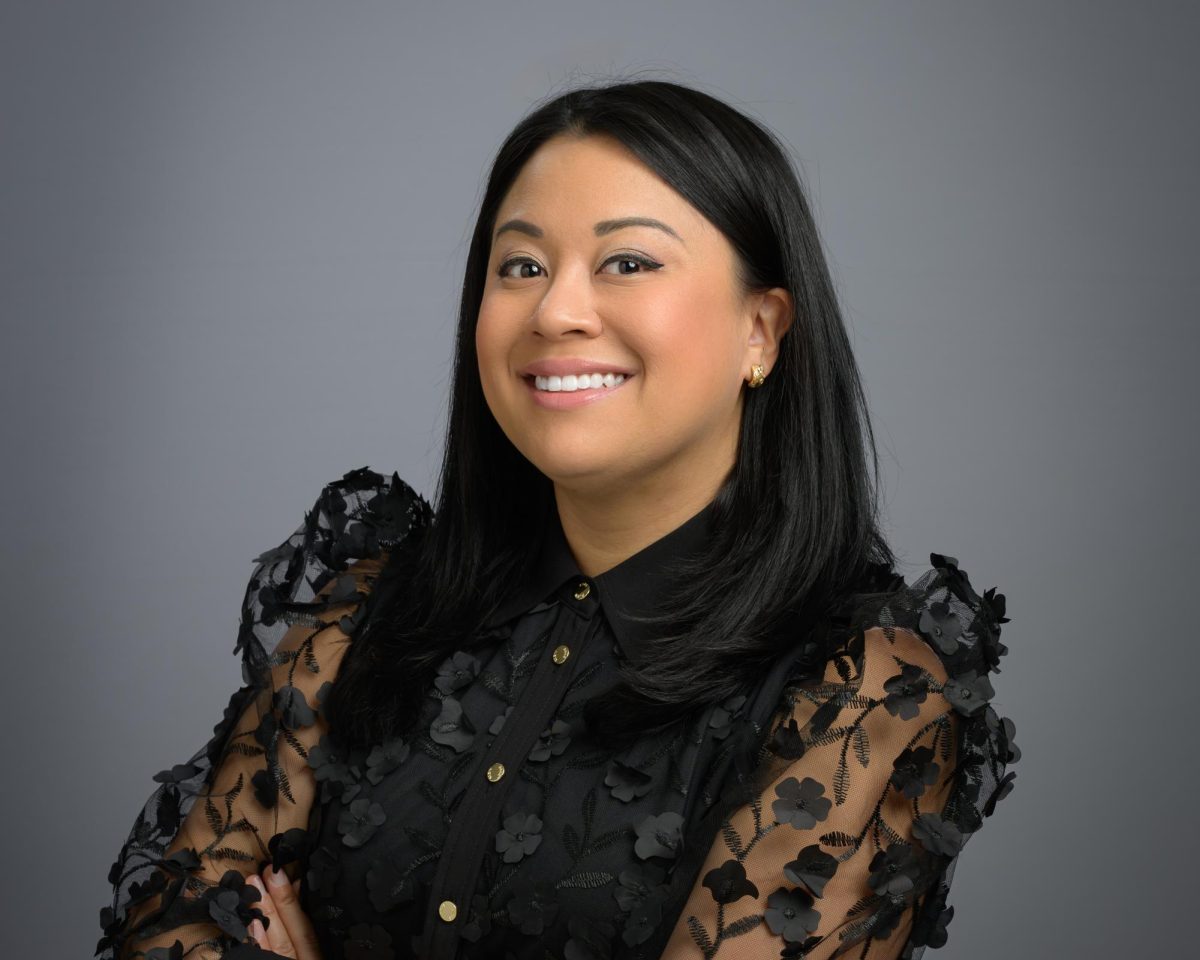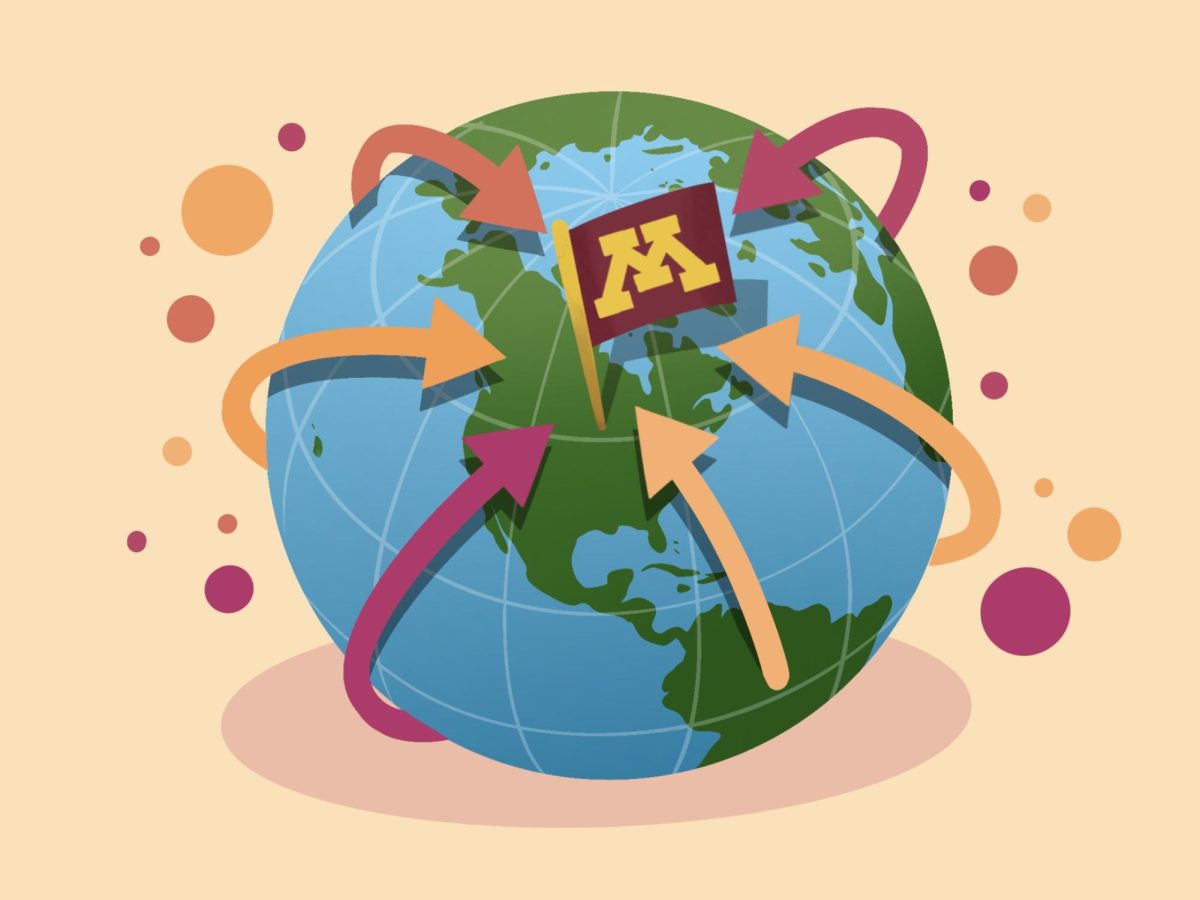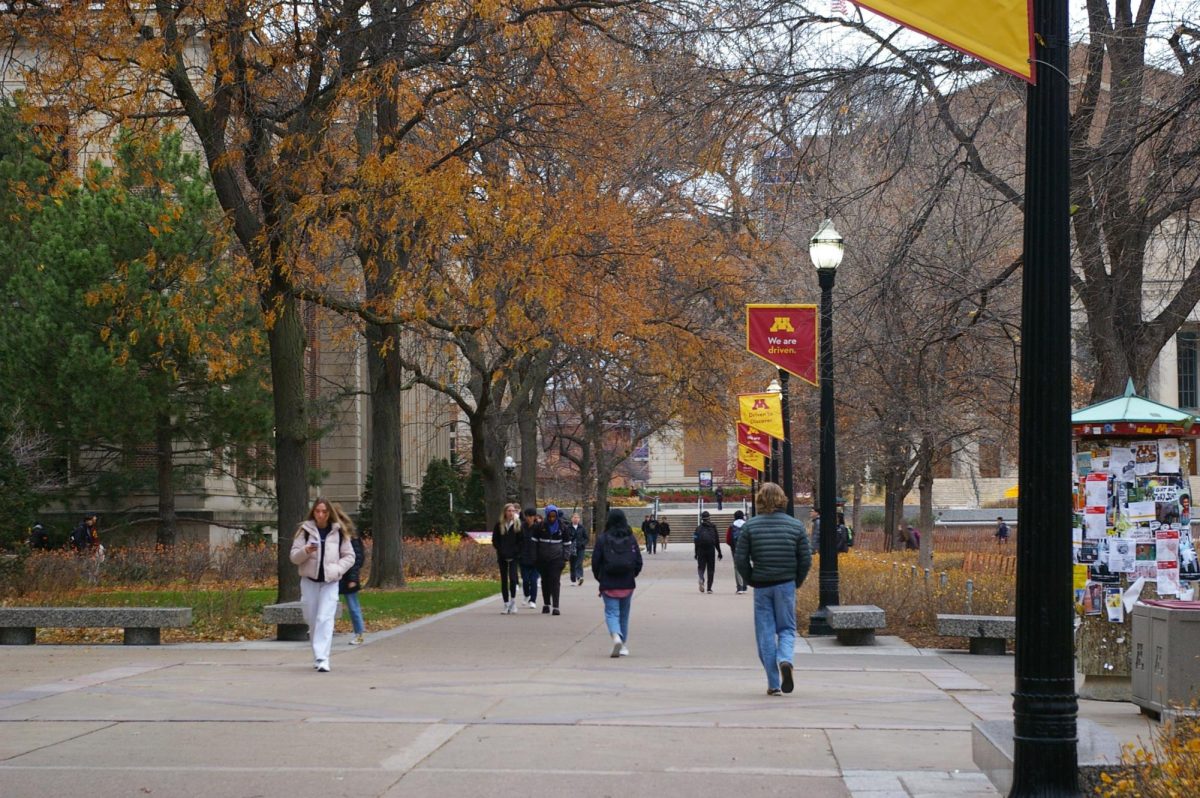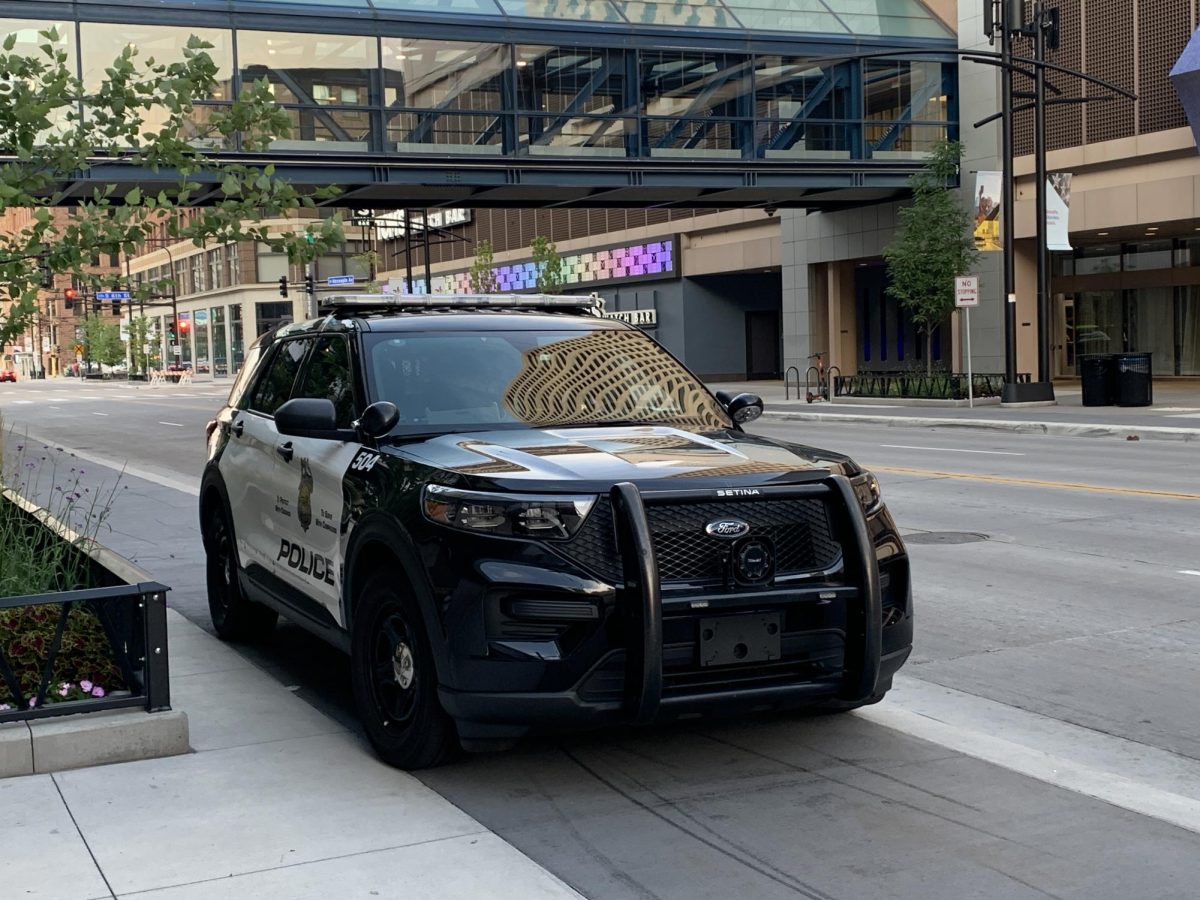The University of Minnesota’s Masonic Cancer Center (MCC) hosted Goldy vs. Cancer, an event to raise awareness about cancer and cancer prevention for kids and families, Saturday at the Science Museum of Minnesota.
MCC set up 20 stations around the museum to teach children about cancer through games, crafts and conversations with volunteers. Goldy Gopher roamed the museum to encourage families to take part in the event.
“This is all [put on by] researchers who work within the Masonic Cancer Center,” MCC Events Coordinator Elsie Aldrich said. “They have each developed little tables that have activities for kids and families to do.”
The stations covered a variety of topics including the physical effects of cancer, the importance of healthy habits in cancer prevention and cancer research.
One station had real human tissue samples showing how cancer changes different organs. Lung samples showed the dark gray lung of a smoker compared to a healthy lung tissue sample.
At another station, volunteers taught kids about the importance of maintaining a healthy lifestyle, helping them plant seeds for cancer-fighting foods.
Another station explained how genetic risk factors can affect the likelihood of cancer. Kids made bracelets with beads representing their physical characteristics to represent how genes affect the body.
The importance of cancer prevention
Forrest Fleischman, who was at the museum with his 7-year-old son, said he was not aware the event would be going on when he decided to go to the museum.
Fleischman said his son enjoyed the event and learned about cancer and cancer prevention in a way that was engaging and age-appropriate.
Randi Johnson and Colton Cannon are fourth-year dentistry students who worked at a station about oral cancer. They taught kids about how proper oral hygiene can help prevent oral cancer and handed out dental floss.
“Creating healthy oral habits early on in life is so crucial to long-term success,” Cannon said.
Cannon said his station taught kids about oral hygiene in a way that he hopes made them feel more comfortable visiting the dentist.
Johnson said although oral cancer primarily occurs in older adults, anyone can be diagnosed with it. This makes it important to ensure people know the signs of oral cancer and dentists are checking for oral cancer in patients of all ages, he said.
Elea Hansen, who worked at a station about cancer-fighting foods around the world, decided to volunteer for the event because of the impact cancer had on her life.
“I have three family members who have terminal cancer, so cancer prevention is really big for me and my family,” Hansen said. “It’s really important to start thinking about it at a younger age.”


